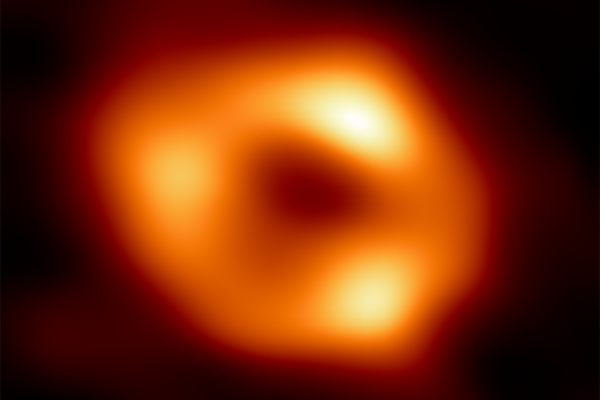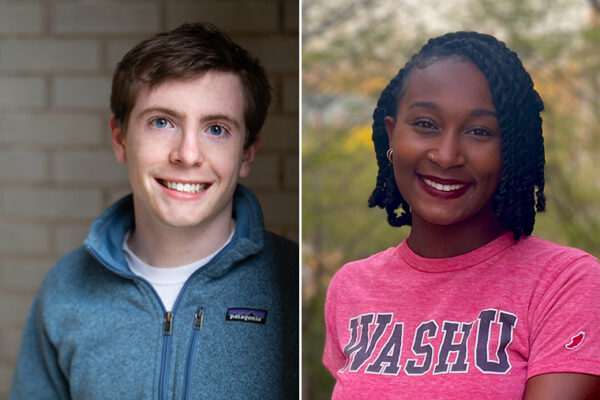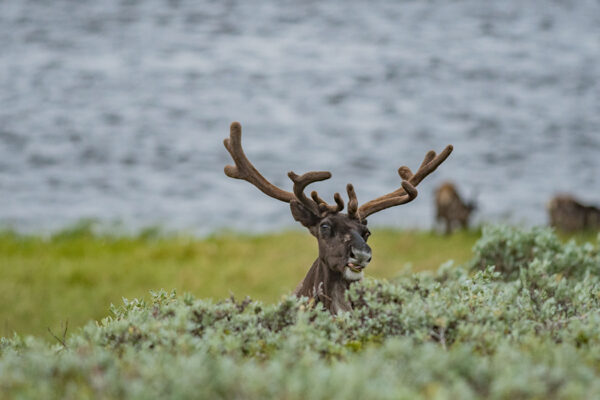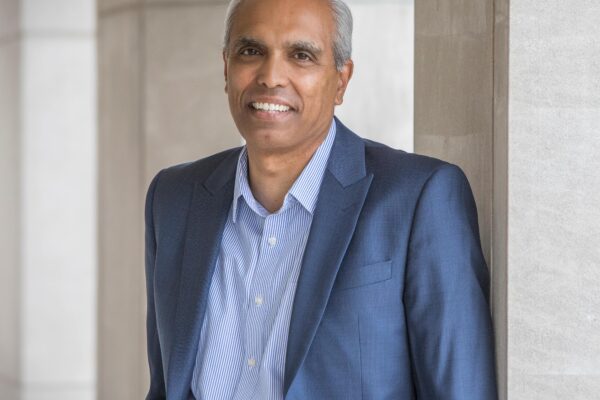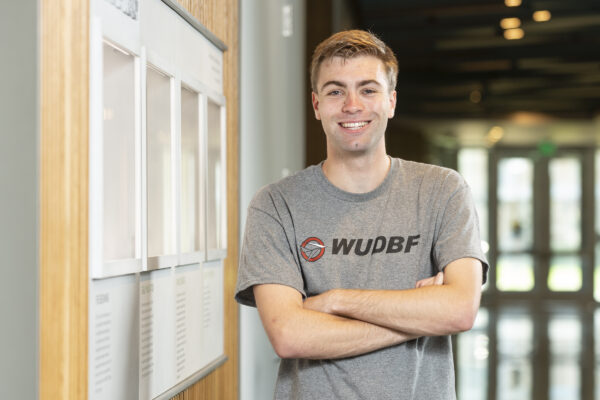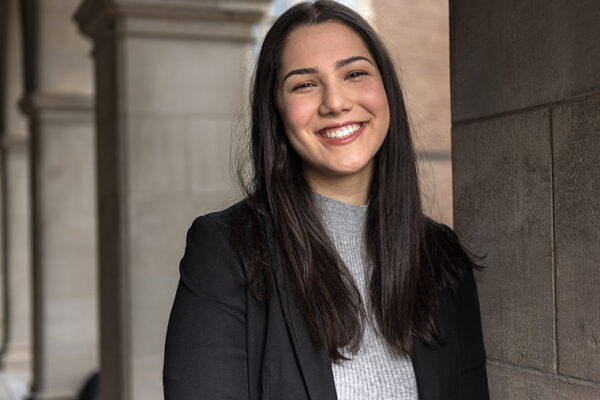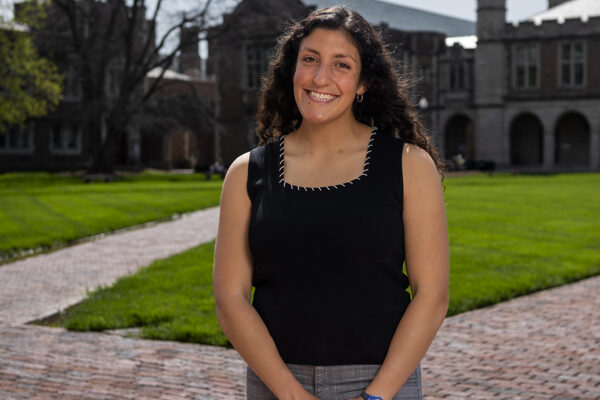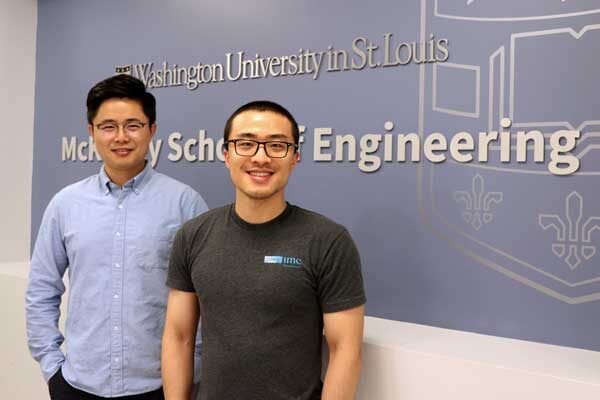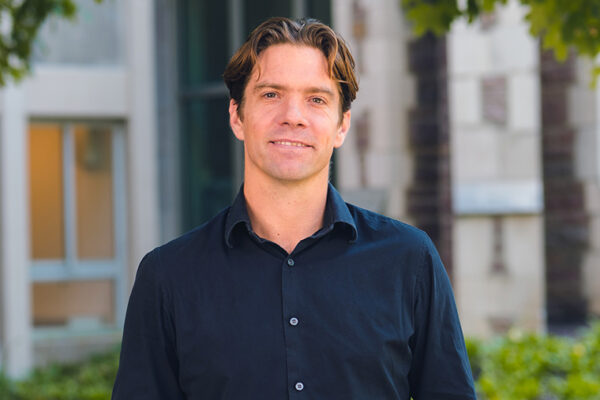Astronomers unveil first image of Milky Way’s black hole
Michael Nowak, research professor of physics in Arts & Sciences, is part of the global research team that shared the first image of the supermassive black hole at the center of our own Milky Way galaxy.
New tech can double spectral bandwidth in some 5G systems
Using the properties of a unique class of materials, researchers, including Aravind Nagulu at the McKelvey School of Engineering, may have found a way to dramatically increase the bandwidth available for wireless communications.
Undergraduate biologists awarded 2022 Quatrano, Spector prizes
Ethan Lowder, a December 2021 graduate who majored in the biochemistry track of biology in Arts & Sciences, won the Ralph S. Quatrano Prize; Kayla Wallace, a senior majoring in environmental biology with a minor in anthropology in Arts & Sciences, received the Spector Prize.
Nonlethal parasites reduce how much their wild hosts eat, leading to ecosystem effects
Research from the Living Earth Collaborative highlights the cascading consequences of common parasitic infections. Although many of these infections are not lethal, they can still impact health or animal behavior, leading hosts to eat less vegetation. The study led by biologist Amanda Koltz in Arts & Sciences is published in the Proceedings of the National Academy of Sciences.
Pappu lab untangles more IDR secrets
Rohit Pappu’s latest look at intrinsically disordered regions of proteins explains why some sequences behave in different ways. His paper was published in the Proceedings of the National Academy of Sciences.
Class Acts: Miles Petersen
Miles Petersen always knew he wanted to work in the aviation field. He has been building airplanes with Design Build Fly. Soon, he’ll be building them with aerospace giant Boeing Co.
Class Acts: Gabriella Smith
Gabriella Smith, a senior biology major in Arts & Sciences at Washington University in St. Louis, is a champion for access to mental health services. She hopes to combine her passion for working with children with her leadership skills to pursue a career in medicine that incorporates patient care, research and advocacy.
Class Acts: Elizabeth Saliba
McKelvey School of Engineering senior Elizabeth Saliba is committed to designing a more sustainable future. During her time at Washington University, she has helped design modular classroom prototypes for an elementary school south of St. Louis and a net-zero energy occupational therapy clinic to be built on Delmar Boulevard.
Doctoral engineering students win poster awards
Two students from the McKelvey School of Engineering were honored at a joint conference of the American Water Works Association and the Missouri Water Environment Association.
Neon ice shows promise as new qubit platform
Kater Murch, professor of physics in Arts & Sciences, helped an Argonne Laboratory team with their effort to create a new form of qubit, reported in a recent Nature paper. This system shows great promise to be developed into ideal building blocks for future quantum computers.
Older Stories
